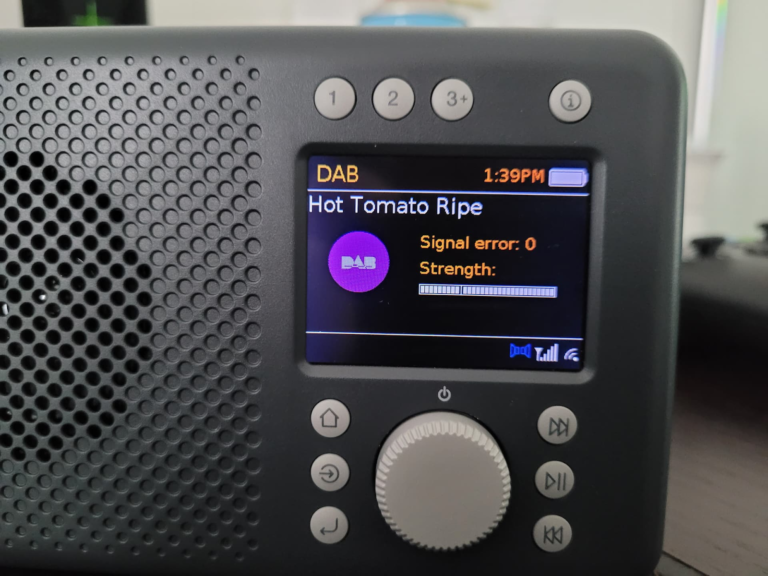Small oil heaters are becoming increasingly popular as a practical and efficient solution for heating individual rooms or small spaces. Whether you’re seeking a reliable way to stay warm during the winter or need a supplementary heat source, small oil heaters offer a variety of benefits. This guide will delve into the essentials of small oil heaters, including how they work, their benefits, key features to look for, and answers to common questions.
What Is a Small Oil Heater?
A small oil heater, also known as an oil-filled radiator, is a type of portable heater that uses oil as a heat reservoir. Unlike other types of heaters that use open flames or electric resistance elements, oil heaters are filled with a special type of thermal oil that remains inside the heater. The oil is heated by an electric element and then radiates warmth through the heater’s metal fins or columns. This process makes them highly efficient for maintaining a steady and consistent level of warmth.
How Do Small Oil Heaters Work?
Heating the Oil: Small oil heaters use an electric element to heat the oil contained within the heater’s columns. The oil warms up and begins to transfer heat to the surrounding metal fins or panels.
Retaining Heat: One of the key benefits of oil heaters is their ability to retain heat. Even when the heater is turned off, the heated oil keeps radiating warmth. This residual heat can provide a longer-lasting warmth and save on energy costs.
Thermostat Control: Most small oil heaters come with an adjustable thermostat that allows users to set their desired temperature. The heater will cycle on and off to maintain this temperature, ensuring efficient and consistent heating.
Benefits of Using Small Oil Heaters
Energy Efficiency: Small oil heaters are known for their energy efficiency. The oil inside the heater retains heat well, reducing the need for constant electricity usage. This can translate into lower energy bills compared to other types of heaters.
Silent Operation: Unlike fan heaters or other types of portable heaters, oil-filled radiators operate silently. This makes them ideal for bedrooms, offices, or any environment where noise could be a disturbance.
Safety: Oil heaters are generally considered safe because they do not have exposed heating elements or open flames. Most models are equipped with safety features such as automatic shut-off if tipped over or if the heater becomes too hot.
Even Heating: The design of small oil heaters allows for even heat distribution throughout the room. This is especially beneficial in smaller spaces where uneven heating can be a problem with other types of heaters.
Low Maintenance: Oil heaters require minimal maintenance. Since the oil remains sealed within the heater, there are no issues with refilling or replacing it. Regular cleaning of the heater’s exterior is usually sufficient to keep it in good working condition.
Key Features to Look for in Small Oil Heaters
Size and Portability: Consider the size of the heater and whether it will fit comfortably in the space where you plan to use it. Many small oil heaters come with wheels or handles for easy movement from room to room.
Adjustable Thermostat: An adjustable thermostat allows you to set and maintain your desired temperature, enhancing comfort and energy efficiency.
Timer Function: Some models come with a built-in timer that lets you program the heater to turn on or off at specific times. This can be useful for ensuring the heater is running only when needed.
Safety Features: Look for heaters with safety features such as overheat protection, automatic shut-off, and tip-over switches. These characteristics contribute to safe operation and accident prevention.
Wattage and Heating Capacity: Choose a heater with appropriate wattage for the size of the room you need to heat. Most small oil heaters range from 500 to 1500 watts, with higher wattages suitable for larger spaces.
Design and Aesthetics: While functionality is key, the design and appearance of the heater can also be important. Choose a model that complements your room’s decor and fits your aesthetic preferences.
FAQs
What is a small oil heater?
A small oil heater is a compact and portable heating device that uses oil as a thermal reservoir. Unlike traditional heaters, these devices do not burn oil but instead use it to store heat and radiate it into the room. They are typically filled with diathermic oil, which is heated by an electric element and then transferred to the metal fins of the heater.
How does a small oil heater work?
Small oil heaters operate by heating the oil inside the unit using an electric element. The oil then circulates through the metal fins of the heater, which radiate heat into the room. Once the desired temperature is reached, the heater maintains it by cycling the heating element on and off. This method provides consistent and even heat distribution without the need for a fan.
Are small oil heaters energy-efficient?
Yes, small oil heaters are generally considered energy-efficient. They provide consistent, radiant heat and retain warmth for extended periods even after being turned off. This efficiency can help reduce energy consumption compared to some other heating methods, especially when used as a supplementary heat source.
Conclusion
Small oil heaters offer a combination of efficiency, safety, and comfort, making them an excellent choice for heating small spaces or supplementing existing heating systems. By understanding how they work, what features to look for, and addressing common questions, you can make an informed decision about whether a small oil heater is right for your needs. With proper care and attention, a small oil heater can provide reliable warmth and enhance your comfort throughout the colder months.
To read more, Click Here .








